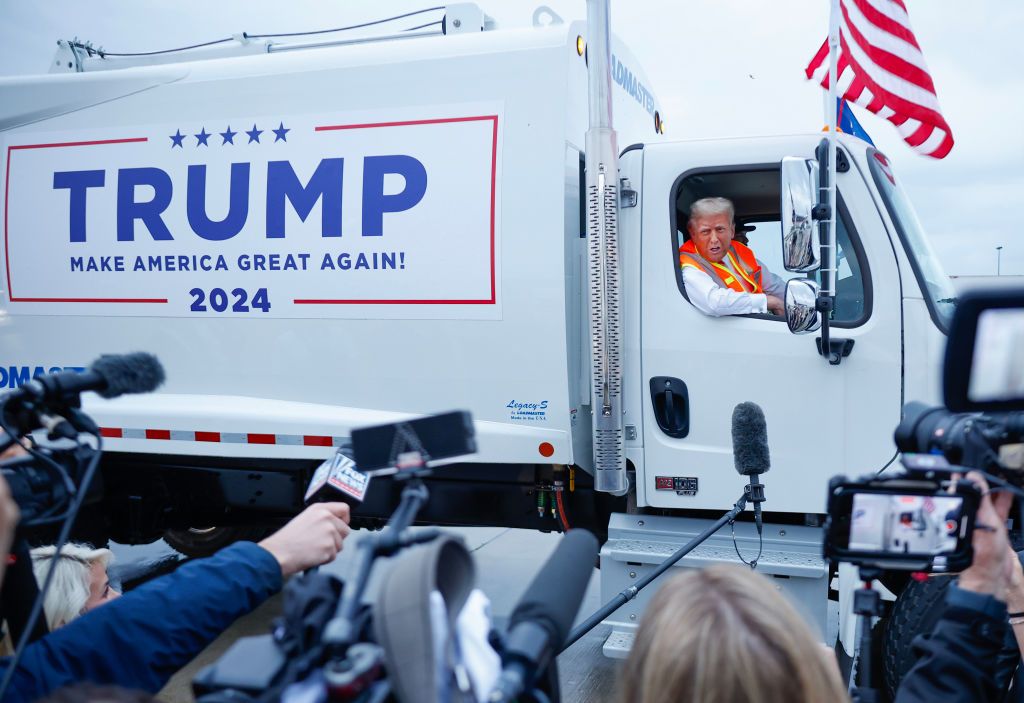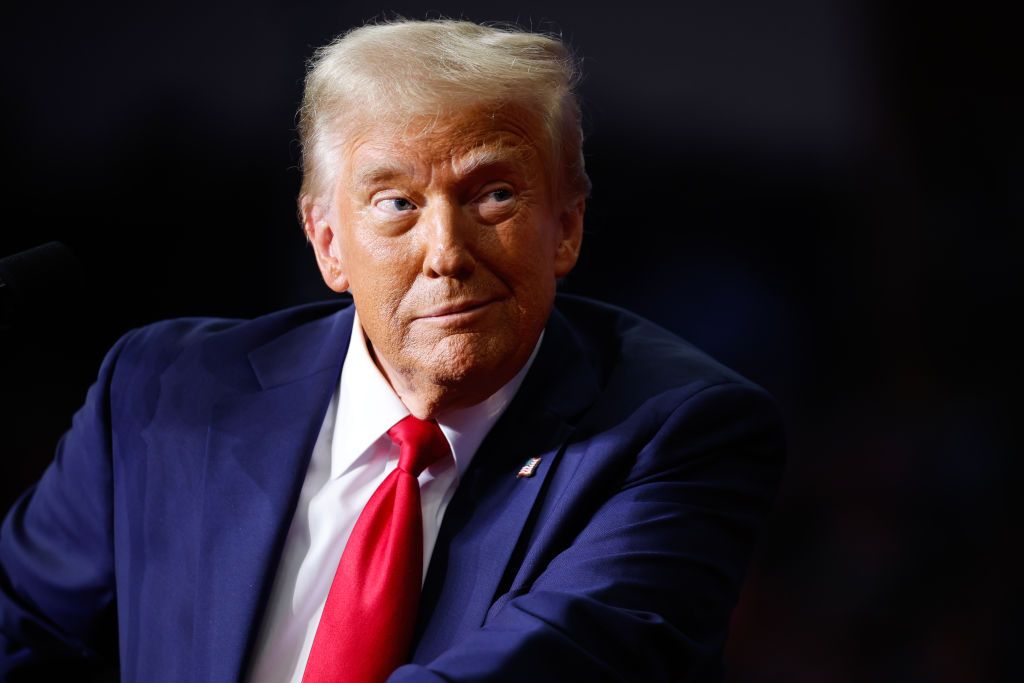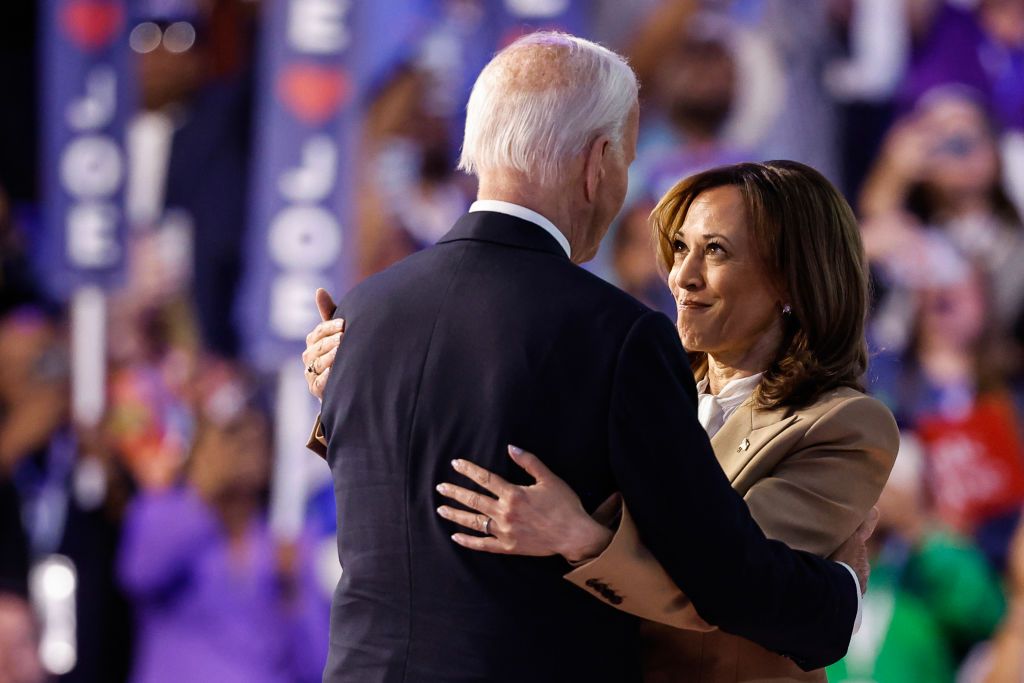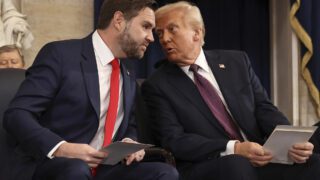
Opinion: Trump’s election marks the death of Transatlanticism
Ahead of Election Day, there were signs of optimism for the United States' allies in Europe. Polls had indicated a tight race since support for Kamala Harris leveled off in August, but expectations to outperform the polls and blind faith in humanity kept the Harris campaign and its millions of voters hopeful for victory. However, as the vote unfolded late Tuesday night and Europe awoke Wednesday morning, the transatlantic dream died once more — this time, more decisively than ever.
Joe Biden's election in 2020 was a relief for the U.S.' closest allies in Europe. After four years of Donald Trump, Biden represented a course correction for American foreign policy. Shaped by the Cold War's geopolitical alliances and collective security blocs, he was a familiar figure to the European establishment, both in his worldview and from his time as vice president.
Biden, in turn, understood the value of strong bilateral relations with European states and the importance of NATO in transatlantic security. Although sometimes flawed, particularly in his administration's unreasonable fear of escalation with Russia, his relationship with the continent formed the foundation for cooperative multilateral partnership.


Though her priorities lay with domestic affairs, Kamala Harris would have continued to nurture strong relationships with American allies. Her support for Ukraine and appreciation of NATO and transatlantic security aligned her not only with her boss but also with the majority of European Union and NATO member states.
Now, any hope of consistency and solidarity between the U.S. and its European allies is gone. Trump's second term promises to be even more volatile than his first, further radicalized by his 2020 election loss. As Europe braces for a difficult winter and a long 2025 in Ukraine, it must forge ahead without its most powerful transatlantic partner.
"Now, any hope of consistency and solidarity between the U.S. and its European allies is gone."
Unlike the 2016 election, however, this result can't be dismissed as an anomaly. In two of the last three presidential elections, the U.S. electorate has voted for a man whose worldview is oriented solely around himself and whose foreign policy depends on who has most recently complimented him.
The Biden administration’s efforts to rebuild trust with allies and restore faith in a U.S.-led multilateral international community are now in vain as European hopes for another four years of reasoned, fact-based governance in the U.S. have failed to materialize. Europe will now have to set its own course, independent of the U.S., and without reliance on an ally whose foreign policy shifts drastically every four years.
"Europe will now have to set its own course, independent of the U.S., and without reliance on an ally whose foreign policy shifts drastically every four years."


No country in Europe is more impacted by the election results than Ukraine. Though the Biden administration has frustrated Ukrainian leadership with its prohibition on striking military targets within Russia, it has been a resolute defender of Ukraine's right to self-determination and the importance of Ukrainian victory. Under Biden, the U.S. has been ready to support Ukraine for as long as Kyiv has the will, equipment, and manpower to fight.
Trump, however, has long prioritized peace between Russia and Ukraine. His claim that he can bring peace to the conflict within a day of taking office does not bode well for Ukraine. Any peace deal negotiated between Ukraine and Russia under a Trump administration will be marred by Ukraine's weak position as it loses the leverage of continued support from the world’s largest military force. The concession of internationally recognized Ukrainian territory would be inevitable.
For Ukraine to survive, Europe must act decisively, with conviction and strong leadership. It will have to defy the new Trump administration’s efforts to push Kyiv into an unfavorable peace deal and continue to support Ukraine with aid greater in volume and frequency than ever before. Ukraine cannot afford a continent of Olaf Scholzes, willing to make the same mistake Neville Chamberlain made in Munich 86 years ago in the name of peace. As long as Ukrainians are willing to fight, Europe must stand with them, regardless of support from across the Atlantic.
Transatlanticism is no longer the invariable foundation of American foreign policy — nor can it be for Europe.
Editor’s Note: The opinions expressed in the op-ed section are those of the authors and do not necessarily reflect the views of the Kyiv Independent.
Introducing official merch
from the Kyiv Independent
const coreArticleSnippetButtonFeatured = document.getElementById(
“corearticle__snippet__featured_button”
);
coreArticleSnippetButtonFeatured.addEventListener(“click”, () => {
window.dataLayer?.push({
event: `InternalLinkClick`,
element_category: “Banner e-shop”,
element_name: “Core article snippet”,
target_url: “https://store.kyivindependent.com/”,
target_text: “Shop now”,
});
window.open(“https://store.kyivindependent.com/”, “_blank”);
});
Source link















